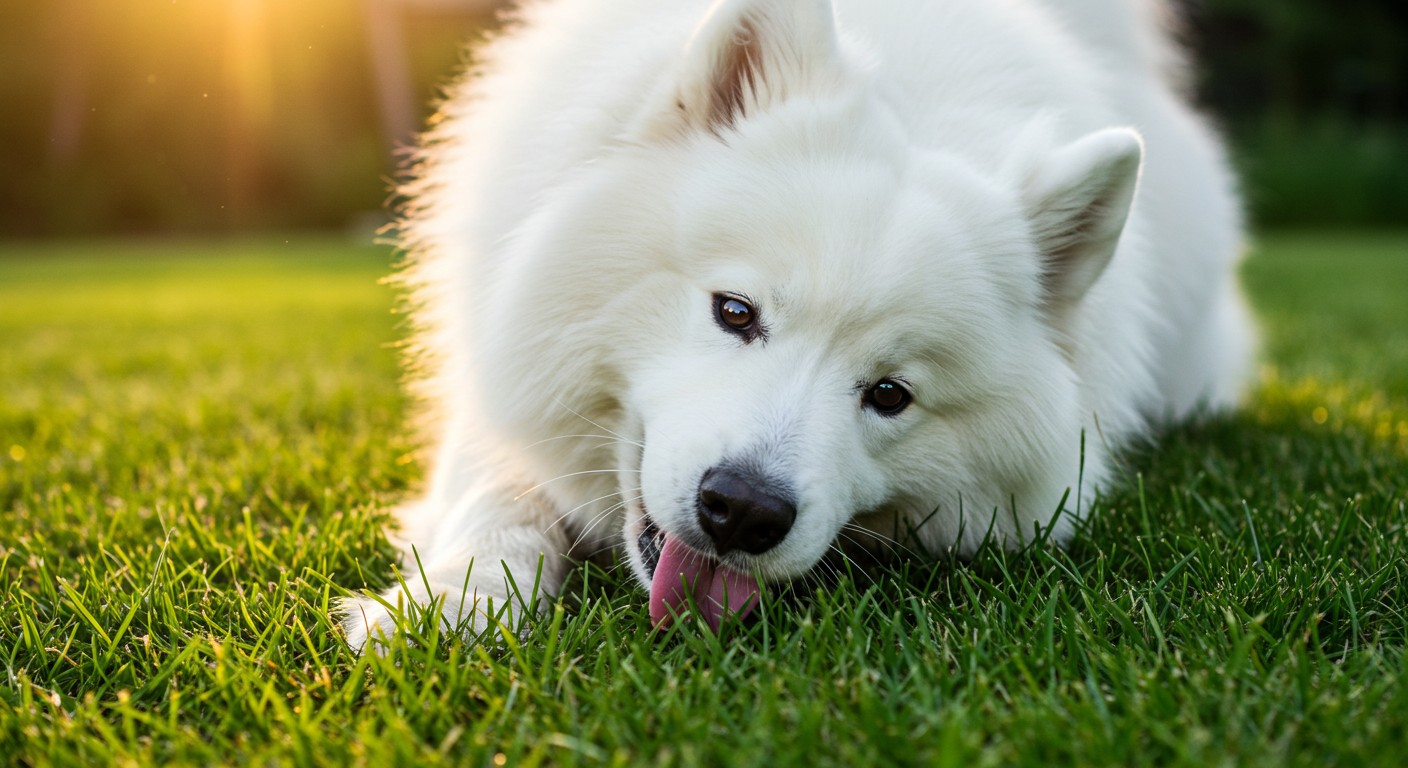The sight of a dog munching on grass is common, but this behavior puzzles many pet owners. Is it an attempt to soothe an upset stomach? A sign of nutritional deficiency? Or just a quirky habit? Science and canine ethology offer several theories, and understanding them can help you determine whether you should be concerned or simply let your dog enjoy their occasional “salad.”{:}{:es}Los perros descienden de los lobos, y estudios de lobos salvajes muestran que consumen plantas y hierbas como parte de su dieta. Este comportamiento podría haber persistido por varias razones:
Tag: pet behaviour

Cats are the undisputed champions of napping, often sleeping up to 16–20 hours a day. While this might seem excessive, their sleep patterns are deeply rooted in their biology, evolutionary history, and lifestyle. Understanding why cats sleep so much can help you appreciate their unique needs and ensure they’re living their best, most restful lives.

Scratching is a natural and essential behavior for cats, but when your feline friend chooses your furniture over their scratching post, it can be frustrating. Teaching your cat to use a scratching post requires understanding their instincts, preferences, and motivations. With the right approach, you can redirect their scratching habits and save your couch from destruction.

Separation anxiety (SA) is a debilitating emotional disorder affecting 14–29% of dogs, characterized by extreme distress when left alone. Unlike typical boredom, SA involves panic-driven behaviors that can harm both the dog and your home. This guide explores the science behind SA, its symptoms, root causes, and evidence-based solutions to help your dog feel safe and secure.

Walking a dog that pulls on the leash can feel like a tug-of-war, but this behavior is rooted in natural instincts, communication gaps, and reinforcement history. Transforming this struggle into a harmonious activity requires understanding canine psychology, employing science-backed training methods, and selecting the right tools. Below, we explore why dogs pull, how to address it, and what tools can help, all while fostering a stronger bond between you and your dog.

The sight of a dog tilting its head when you speak is undeniably adorable, but this quirky behavior isn’t just about looking cute—it’s a fascinating blend of biology, psychology, and communication. While the exact reason isn’t fully understood, researchers and animal behaviorists have proposed several theories to explain why dogs tilt their heads. Let’s dive into the science and speculation behind this endearing habit.

